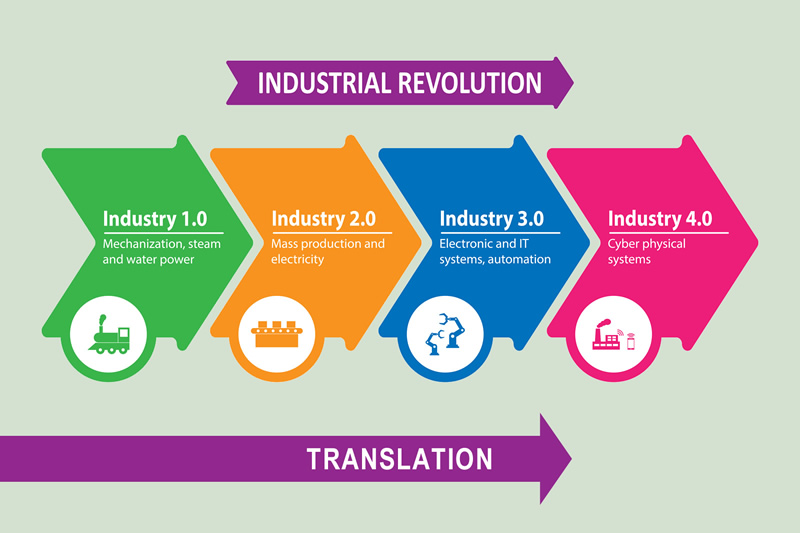The technological rate of change in the manufacturing industry has been accelerating at an unprecedented pace. This rapid evolution is driven by several key factors, including advancements in digital technology, increased automation, and the rise of Industry 4.0.
Digital Technology and Manufacturing
Digital technology has revolutionized the manufacturing process. From computer-aided design (CAD) and computer-aided manufacturing (CAM) to digital twins and 3D printing, these technologies have enabled manufacturers to design and produce products with a level of precision and efficiency that was previously unimaginable. They have also opened new possibilities for customization, allowing manufacturers to tailor products to the specific needs of their customers.
Automation
Automation has also played a significant role in the increased rate of technological change. Robots and automated systems have become commonplace in many manufacturing facilities, performing tasks that were once done manually. This has not only increased efficiency but also improved safety by reducing the risk of human error and workplace accidents.
Industry 4.0
The rise of Industry 4.0, also known as the fourth industrial revolution, has further accelerated the rate of technological change. Industry 4.0 is characterized by the integration of digital technologies with physical production and human systems, creating a “smart” manufacturing environment. Key technologies driving Industry 4.0 include the Internet of Things (IoT), artificial intelligence (AI), machine learning, and big data analytics.
These technologies are transforming the manufacturing process, enabling real-time monitoring and control, predictive maintenance, and advanced analytics. They are also facilitating greater collaboration and communication, both within the manufacturing facility and across the supply chain.
The Part Translation Services Plays
As we’ve shown, innovation is the key to staying competitive in the manufacturing industry. For mid-size manufacturing companies, this often means leveraging diverse teams from around the globe. However, this diversity can also present a unique set of challenges, particularly when it comes to communication. This is where translation services, like those offered by TrueLanguage and our Partner Powerling, come into play.
Translation services are more than just a tool for overcoming language barriers; they are a catalyst for innovation. By facilitating effective communication between diverse teams, they enable the free flow of ideas, fostering a culture of innovation that can give mid-size manufacturing companies a competitive edge.
The manufacturing process is complex and requires a high level of coordination between different teams. From the initial design phase to the final product testing, each stage involves a multitude of professionals, often from different cultural and linguistic backgrounds. Without effective communication, the process can become disjointed, leading to inefficiencies and errors.
Bridging the Gap
Translation services can bridge this gap. By ensuring that all team members can understand and be understood, they enable smoother collaboration. This not only improves the efficiency of the manufacturing process but also opens opportunities for innovation. When team members can freely share their ideas and insights, regardless of their language, it leads to a richer pool of ideas, sparking innovation.
Translation services can also help mid-size manufacturing companies tap into global markets. By providing translations for product manuals, marketing materials, and customer support, they can make products accessible to a wider audience. This not only increases the potential customer base but also provides valuable insights into different markets, which can drive further innovation.
Facilitating Integration of New Technologies
In addition, translation services can also facilitate the integration of new technologies. We’ve described the adoption of technologies like AI and IoT. However, these technologies often come with their own set of language and cultural challenges. Translation services can help overcome these challenges, enabling companies to fully leverage these technologies and drive innovation.
The translation services provided by agencies such as TrueLanguage and Powerling are vital tools for fostering innovation in mid-size manufacturing. By facilitating effective communication between diverse teams, they not only improve the efficiency of the manufacturing process but also foster a culture of innovation. Whether it’s integrating new technologies or tapping into global markets, translation services can give mid-size manufacturing companies the edge they need to stay competitive in today’s rapidly evolving market.


